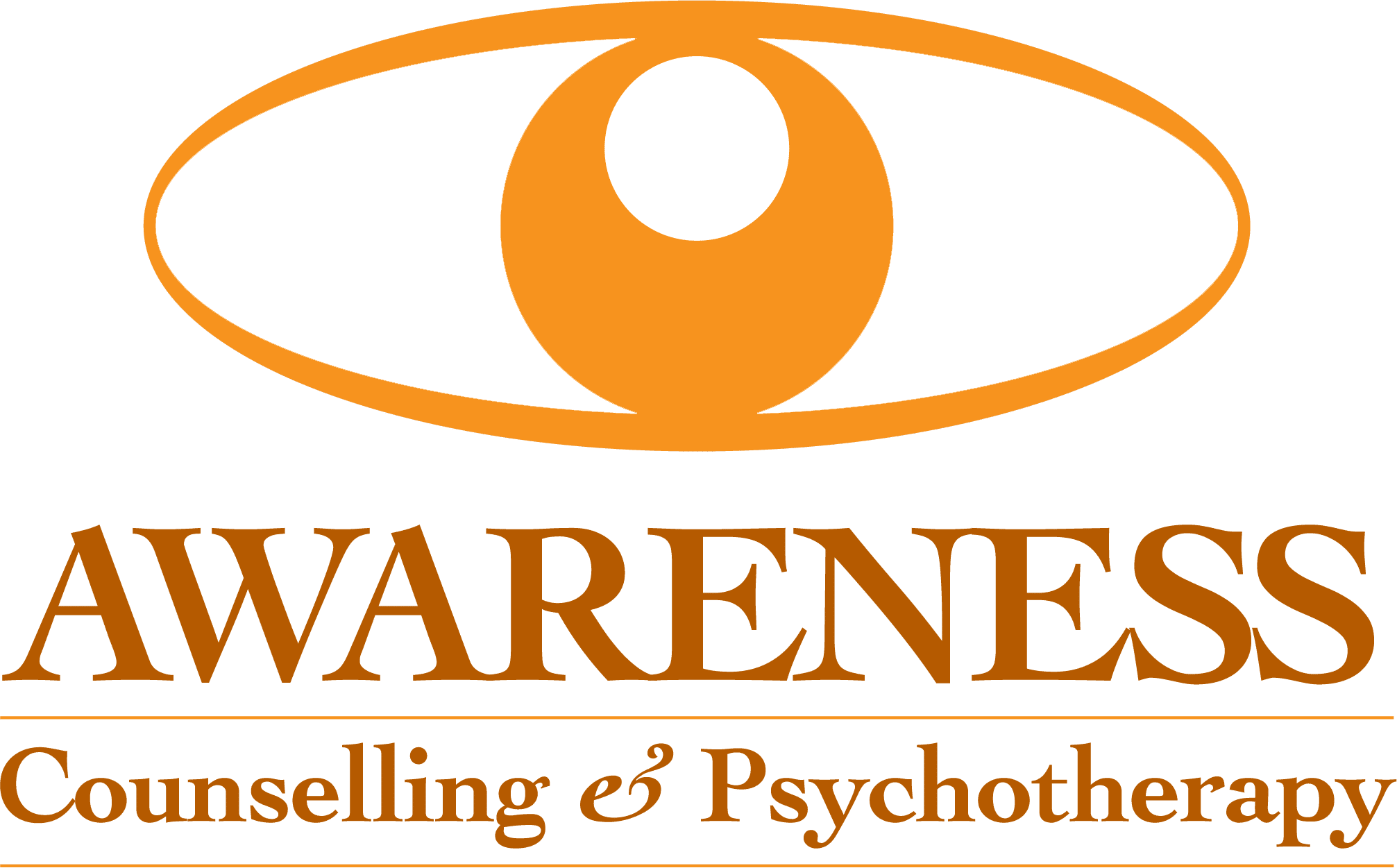Anger is a powerful emotion triggered by various factors, such as frustration, disappointment, and injustice. While it is often seen as harmful and destructive, anger can also be a healthy and necessary response to certain situations. However, when people do not express their anger healthily, it can negatively affect their emotional and physical well-being, self-relationship and relationships with others.
One consequence of not expressing anger is that it can lead to internalised anger. Instead of expressing anger outwardly, people keep their emotions bottled up inside. This can contribute to a harsh inner critic, critical of themselves and the world around them. Over time, this can lead to resentment, bitterness, and even depression. It can also manifest in physical symptoms such as headaches, muscle tension, and insomnia.
Another consequence of not expressing anger is that it can damage relationships. When individuals do not express their anger healthily, it can lead to passive-aggressive behaviour, sarcasm, and other forms of communication that can be hurtful and confusing to others. It can also cause others to feel like they are walking on eggshells around the angry individual, leading to a breakdown in trust and intimacy.
In addition, not expressing anger can also lead to a lack of boundaries. When individuals do not assert themselves and communicate their needs and feelings, they may be more likely to tolerate mistreatment and boundary violations from others, leading to unhealthy relationships where individuals feel powerless and victimised.
So, not expressing anger can have significant negative consequences for individuals and their relationships. Finding healthy ways to express anger is essential, such as through assertive communication, physical exercise, or talking to a therapist. By expressing anger in a healthy way, individuals can improve their emotional and physical well-being, as well as their relationships with others.
Click Here for more articles






